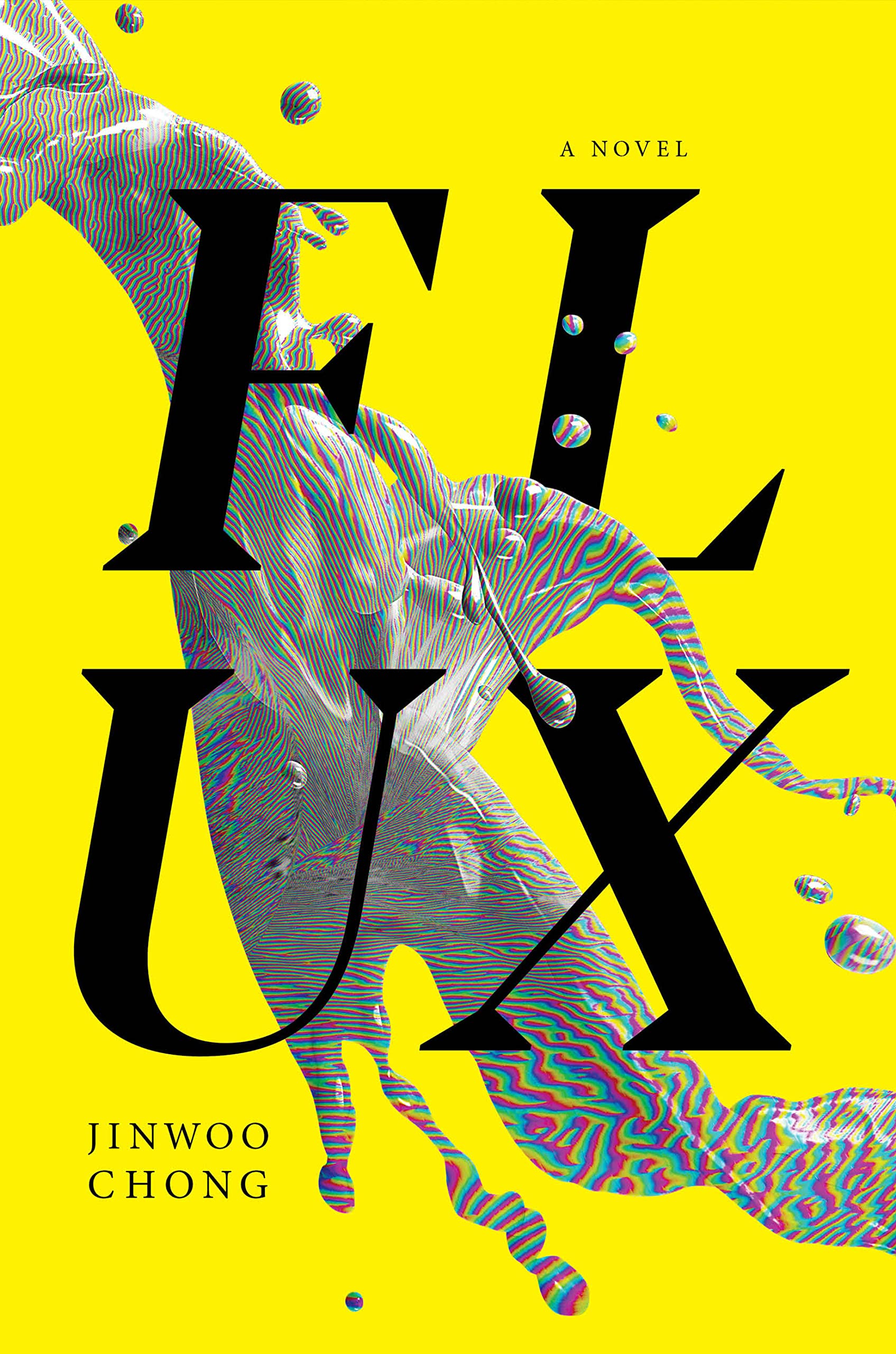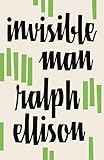I first encountered Jinwoo Chong and his work in the online literary magazine, No Contact. He’d written a story about Timothée Chalamet that was playful and irreverent, all in service of dissecting a culture’s fascination with celebrity.
This feels like an apt entrée into Chong’s debut novel, Flux. The novel’s narrator is obsessed with an ‘80s cop show, Raider, even though its lead actor is in the midst of being cancelled. A time-traveling noir and ambitious climate novel, Flux takes a close look at what happens when twenty-first-century egomaniacs bring their grifts to bear on the climate crisis. The result is a story that is equal parts wry and tender. Chong and I spoke over Zoom about scams, self-delusion, and the role pop culture plays in our own life stories.
Michael Colbert: Flux is such an original novel. How did you come to this story?
 Jinwoo Chong: My kernel was the book Bad Blood, which was strange because I never read nonfiction. The book came out right after the public fall of Theranos, and I was just fascinated. Everybody fell for it. They couldn’t even say it was very believable because it absolutely wasn’t—the machinery didn’t even work. That was probably the thing that interested me the most, as well as other well-known scams: Anna Delvey, George Santos, WeWork—they were throwing parties with Pitbull while the company was floundering.
Jinwoo Chong: My kernel was the book Bad Blood, which was strange because I never read nonfiction. The book came out right after the public fall of Theranos, and I was just fascinated. Everybody fell for it. They couldn’t even say it was very believable because it absolutely wasn’t—the machinery didn’t even work. That was probably the thing that interested me the most, as well as other well-known scams: Anna Delvey, George Santos, WeWork—they were throwing parties with Pitbull while the company was floundering.
 I wrote Flux in my MFA program, and when I presented the first chapter, there were a lot of people who said, “This is just ripped from the headlines.” I added a lot about our consumption of celebrity and pop culture. Along the way I was reading Interior Chinatown and thought, I want to do a detective show. It was very strange and lucky that I was writing it in the MFA, otherwise I don’t think I would have pushed myself as hard to make it as polyphonic.
I wrote Flux in my MFA program, and when I presented the first chapter, there were a lot of people who said, “This is just ripped from the headlines.” I added a lot about our consumption of celebrity and pop culture. Along the way I was reading Interior Chinatown and thought, I want to do a detective show. It was very strange and lucky that I was writing it in the MFA, otherwise I don’t think I would have pushed myself as hard to make it as polyphonic.
MC: What interests you about scams? What is it that you want to know about them?
JW: The character at the center of each of these narratives is so often the same exact person. It’s someone who legitimately believes in their delusion. All of the accounts that say Elizabeth Holmes was some psychopath who knew exactly what was she doing—I don’t think so. I think she literally thought she was going to make this happen and had no ill will. That’s probably the most exciting part of any of those scam stories: the confidence of it all, the way that the person at the center spins the lie and is so engrossed in it they start to believe it.
MC: The scam at the heart of Flux interacts with the climate crisis. What was the impetus there?
JC: When a need arises in society, people scramble and are desperate for the easy fix because they don’t want to think about the devastation. That’s integral to being alive today; you try to shut out the doom around you. Peloton was briefly the most valuable company in the world because of the pandemic. Everyone was saying, This is my new way of life, I’m going to base my entire existence around this stationary bike. And then it crashed because the world changed again. I think that’s just fascinating.
With climate, it’s not like a home-gym situation—it’s the fate of the world. If someone said, I know how to stop the Maldives from sinking into the ocean, I think people would flock to that and the result would be the same. There is no quick fix to any climate problem that we’ve seen. That’s the bleakness of it, that it always fails.
MC: Turning to the book’s structure, the way it unhinges from linear time feels in a way connected to the main character, Brandon, being bisexual. Is there anything on your mind as you write bisexual fiction?
JC: I think I found myself making a really cool point about the way that Brandon’s character is impossible to define in some ways. He understands that and eggs it on; it also has to do with his race, being half-white and half-Asian, and nobody really knowing or being able to tell what he is. I loved that about Invisible Man and The Sympathizer, two books narrated by characters who are nameless and faceless and occupy this liminal space.
There’s one part, the party where Brandon shares the bed with the callboy Kodi and talks about his sexuality—and he’s just like, “I don’t know.” I thought that’s so refreshing. The new generation is so obsessed with labels in a way that I feel is unhealthy. For him to demonstrate that that might not matter largely or to him felt cool.
MC: Another central feature of the book is Brandon’s obsession with the 80s cop show Raider, in spite of the lead actor’s cancellation. His relationship to the show is especially poignant as it relates to the loss of his mother. What role do—or should, maybe—cultural artifacts play in the creation of our own life stories?
JC: I think about this all the time, especially now that I’ve been in meetings with film producers. The book is not mine anymore—it’s yours when you read it. I feel like that’s a key concept in Brandon’s consumption of this show. The version in his mind is very different from the reality.
The book starts out with Brandon extolling the values of Raider and saying this was so groundbreaking and transgressive, and the representation for Asians was amazing. Then you get into the recollections of the show, and as an impartial viewer you realize this is kind of racist and stereotypical.
People internalize a version of the media they consume that is different from what is actually there and how someone else might perceive it. The real version doesn’t matter as much as the one that you take away. A lot of people who grew up thirsty for Johnny Depp now have to contend with the truth of what he really is. Michael Jackson was vilified in the media but holds such nostalgia for his lifelong fans. The problem of reconciling those two becomes an awful journey. Brandon finds himself in situations where he has to defend both the real thing and his version of the thing. He comes up against such cognitive dissonance as he tries to do it and fails.
MC: It’s so absolute too. There’s all this preemptive reaction to cancelling while oftentimes nothing happens to the person. In this case, the actor faces severe consequences. There’s something remarkable that Brandon is reacting to.
JC: I love that about speculative fiction. It can take a theorem or hypothesis about human nature or the world and spin it into such an elongated version. When it’s elongated, it shows you what you might have missed. What is so commonplace in the real world you’re able to see for something you might not have recognized before.











